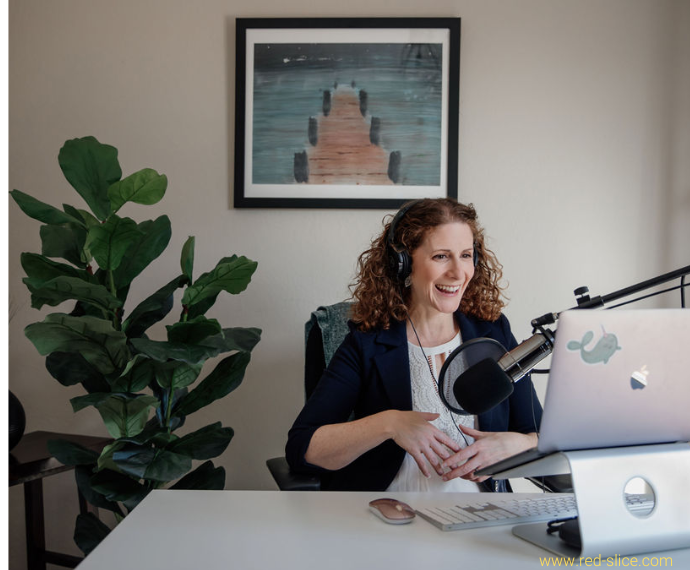Well, my San Francisco 49ers did not make it to the Super Bowl this year. But not for want of trying. Plagued with injuries, they still got to the NFC Championship game with their 3rd string quarterback, young rookie Brock Purdy. And a 13-4 record to boot.
In the final NFC Championship game, Purdy got an elbow injury in a fluke play trying to avoid a sack. The team went to their 4th string QB – and it all went downhill from there so that the Philadelphia Eagles took the game and marched off to the Super Bowl.
But what a story Brock Purdy turned out to be. And over and over again, when teammates and coaches were asked what made him so special, they spoke of his HUMILITY. His desire to learn. To get curious. To stay focused.
Purdy is a stellar athlete and did a tremendous job with his unexpected shove into the spotlight. And we can all learn from his lesson.
He’s successful because he’s humble, and we celebrate that humility because he’s young. But humility is not just for inexperienced leaders. Those young guns we applaud who say they want to count on the knowledge and experience of those around them. It’s actually harder and yet more of a sign of strength if experienced leaders can stay humble.(TWEET THIS!)
Experienced leaders can fall into the trap of thinking they’re the smartest person in the room. And that thinking leads to shutting down ideas, defensively doing things the way they’ve always been done, and ignoring diverse perspectives that might help you see challenges in a whole new light.
We always say it’s great to be a disruptor. But with that title comes hubris. And of all people, disruptors don’t like it at all when THEY are disrupted! (TWEET THIS!)
Go now immediately and read Amer Kaissi’s groundbreaking book on leadership, Humbitious: The Power of Low Ego, High Drive Leadership. Better yet, check out our interview on The Empathy Edge podcast to get all the goods! You’ll find the link to the book in the Show Notes.
Kaaisi talks about the winning leadership combination of humility + ambition. Just being humble isn’t enough, just as solely being ambitious is never enough to win.
We celebrate Purdy’s humility because he’s young. But even the most experienced leader can’t possibly know everything about everything. There’s always someone else who might know a bit more about the customer’s experience, product design, market fit, demand generation strategy – or even about emotional intelligence and reading the room.
So next time you’re tempted to come into the room with all the answers, or think that leadership means you have all the answers, just remember Purdy. Stay humble. Maintain curiosity every time you walk into the room. You can do so with confidence and decisiveness. But never stop wondering “What am I missing? Who can fill in the blanks for us?”
Photo credit: Fox News Channel




